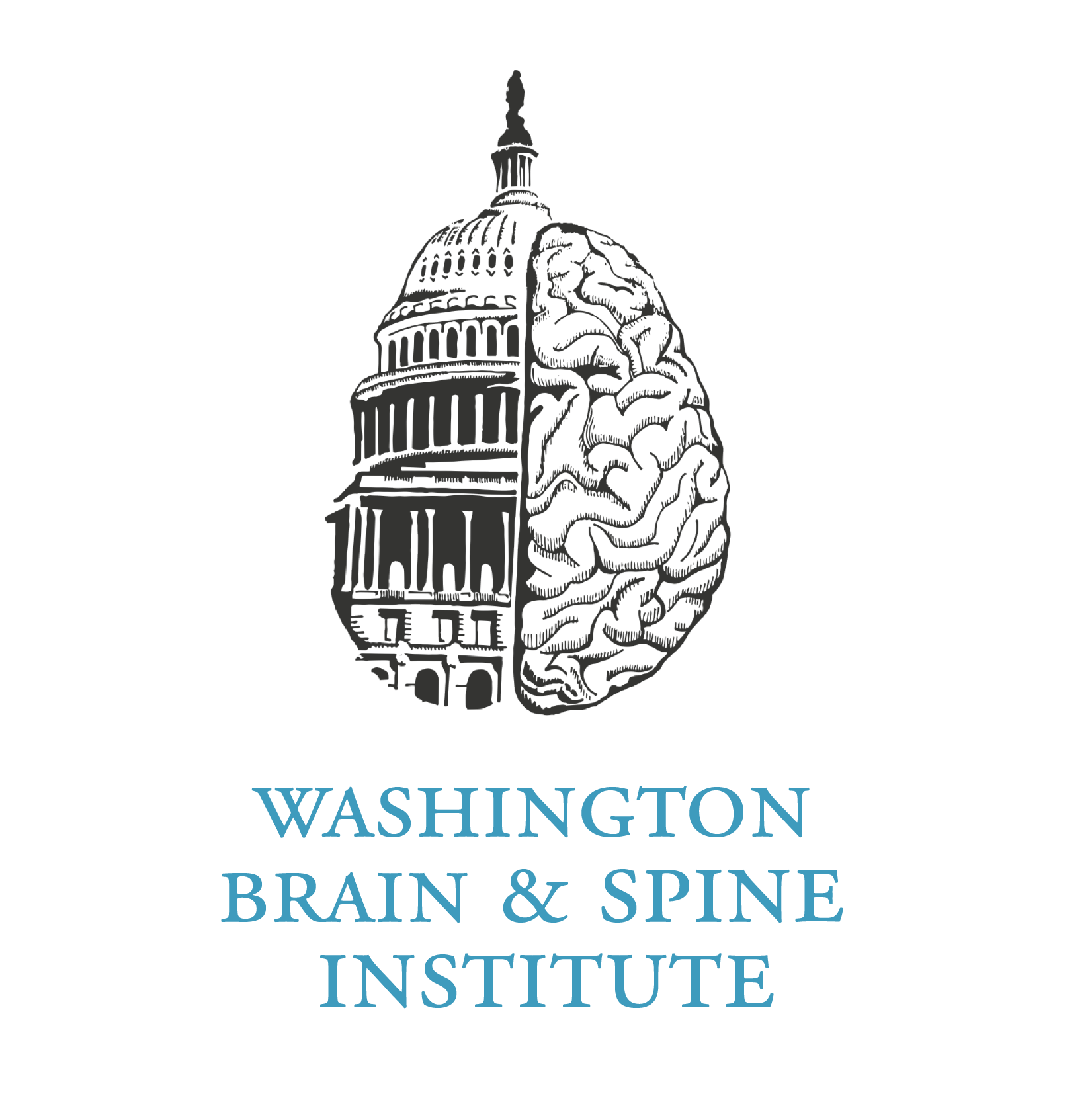Dimitri Sigounas, M.D. FAANS, R.F.P.
Board Certified Neurosurgeon and Interventional Neuroradiologist
Dimitri Sigounas, M.D., F.A.A.N.S, R.F.P. is a board-certified neurosurgeon and interventional neuroradiologist. He is an associate professor of neurosurgery at The George Washington University School of Medicine and serves as director of The GW Neuroendovascular Surgery Fellowship program. He specializes in cerebrovascular disorders, including aneurysms, arteriovenous malformations (AVM’s), vascular brain masses, carotid occlusive disease, and stroke. He has expertise in the endovascular and open treatment of aneurysms and the embolization of AVM’s. Dr. Sigounas is also skilled in carotid stenting/endarterectomy, stroke interventions, and delivery of intra-arterial chemotherapy. He is one of the few neurosurgeons in Washington, D.C. and southern Maryland with dual expertise in both open neurosurgical as well as minimally invasive interventional techniques for the treatment of neurologic disease, which affords him a unique perspective in determining the optimal treatment for each individual patient’s needs using the most advanced technologies.
Dr. Sigounas graduated with an A.B. degree with honors from Harvard University. He subsequently received his M.D. from the University of North Carolina-Chapel Hill School of Medicine, where he was granted a Doris Duke Clinical Fellowship. Dr. Sigounas did his surgical internship and neurosurgical residency training, as well as serving as chief resident, at New York-Presbyterian Hospital/Weill Cornell Medical College and Memorial Sloan-Kettering Cancer Center. He completed specialized fellowship training in endovascular neurosurgery/interventional neuroradiology at New York-Presbyterian Hospital/Weill Cornell Medical College. He has surgical and interventional expertise in treating numerous vascular diseases of the brain and spine.
Dr. Sigounas has extensive clinical research experience in the area of minimally invasive neurosurgery and has published articles involving the treatment of stroke, aneurysms, dural arteriovenous fistulae, and brain tumors using the most innovative, least invasive approaches.
He is the site primary investigator of 5 multi-institutional clinical trials and is co-investigator of a multi-year R01 research grant awarded by the NIH. He was one of the original contributors and co-authors of an ongoing NIH-funded, multi-center clinical trial assessing the efficacy of topical vancomycin on reducing surgical site infections in craniotomies. He has lectured both nationally and internationally.

